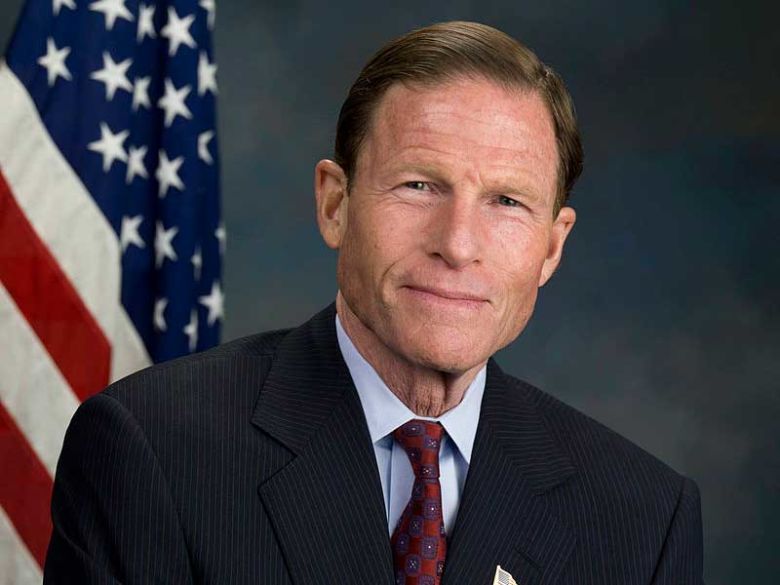Dems Renew Call for Privacy 'Bill of Rights'

The smarter way to stay on top of broadcasting and cable industry. Sign up below
You are now subscribed
Your newsletter sign-up was successful
Democrats are calling for a new consumer privacy "bill of rights," something that was proposed under the Obama Administration but never gained traction.
But privacy is now center stage in Washington in a way it has not been before, at least rhetorically, with both sides of the aisle conceding there is a need for federal legislation, pushed both by revelations about how The Edge has mishandled privacy, and because with the FCC's reclassification of broadband access out from under Title II common carrier regs, the Federal Trade Commission has the new task of overseeing both Edge and ISP privacy protections.
Related: Privacy Groups Propose New Data Protection Agency
The Senate Judiciary Committee held a privacy hearing last week and just this week the Federal Trade Commission asked ISPs for info on just how they protect consumers' data and inform them of that.

At that Senate Consumer Protection Subcommittee hearing on privacy, ranking member Sen. Richard Blumenthal (D-Conn.) said Congress should set "a baseline, a floor that establishes privacy as a right, really a set of rights, a bill of rights."
Back in October, Rep. Ro Khanna (D-Calif.) proffered an opt-in centric "Internet Bill of Rights"for ISPs and edge providers that Khanna says was based "in part on the input provided during conversations with" a Who's Who of edge providers including Amazon, Apple, Google, Twitter, Facebook and others.
Blumenthal was pointing to one state's rights as the model, a California privacy law, the California Consumer Privacy Act (CCPA), set to go into effect at the beginning of next year. “We need a privacy bill of rights, a set of protections that is no less stringent than the people of California enjoy, no less protected than the people of Europe have." The Europe reference is to General Data Protection Regulation adopted by the European Union last year.
The smarter way to stay on top of broadcasting and cable industry. Sign up below
One big issue for Democrats is that, if the federal law preempts state laws--Republicans generally argue it should supercede a "patchwork" of state privacy efforts--it must not be weaker than those state efforts.
Subcommittee chair Jerry Moran (R-Kan.) also cited both the California law and the GDPR implementation to say it was clear the U.S. needed a federal consumer data privacy law "that provides clarity in an increasingly complex regulatory environment.
Moran has been working with Blumenthal, full committee chair Roger Wicker (R-Miss.) and others on the Commerce Committee in an effort to identify responsible federal privacy standards that "provide clear and effective protections for consumers while also aiming to provide some regulatory certainty to businesses..."
Wicker said that a federal privacy bill could not possibly be done without strong bipartisan support.
Contributing editor John Eggerton has been an editor and/or writer on media regulation, legislation and policy for over four decades, including covering the FCC, FTC, Congress, the major media trade associations, and the federal courts. In addition to Multichannel News and Broadcasting + Cable, his work has appeared in Radio World, TV Technology, TV Fax, This Week in Consumer Electronics, Variety and the Encyclopedia Britannica.

